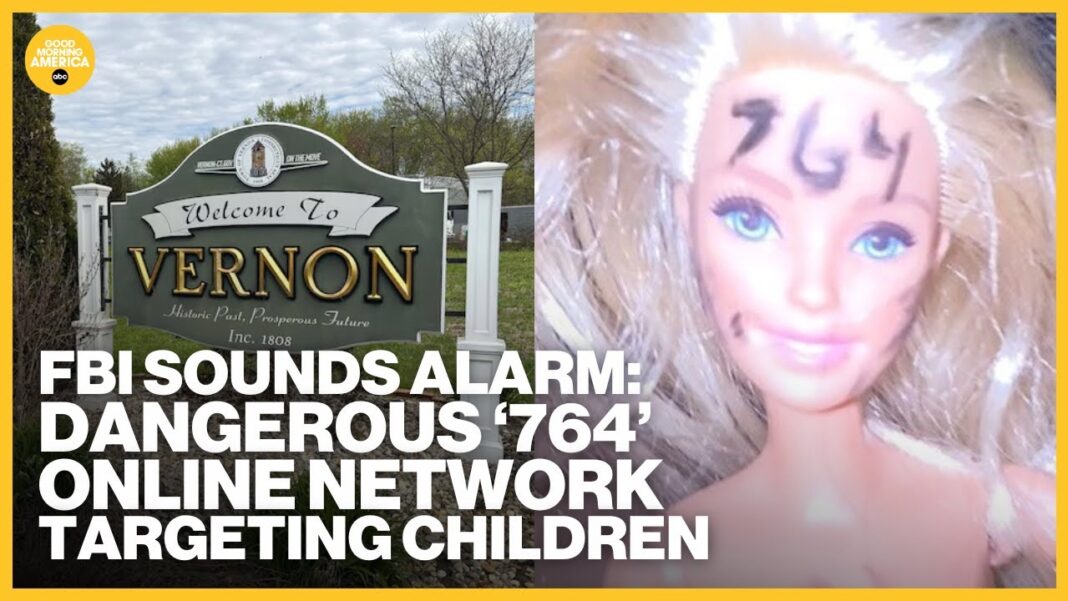American families spend between 8.9 precent and 16 percent of their income on full-day care for just one child.
Millions of Americans pay more for child care than rent every month, according to a new analysis by online lending marketplace LendingTree.
Researchers found that child care costs exceeded the cost of a two-bedroom home or apartment for families with two children in 85 of the 100 largest metropolitan areas examined.
The biggest imbalance for families with two children occurred in Omaha, Nebraska (111.3 percent), Milwaukee, Wisconsin (110.9 percent), and Buffalo, New York (105.6 percent).
“Spending almost $1,300 a month on child care is a massive burden for parents, but most families don’t have another choice,” LendingTree chief consumer finance analyst Matt Schulz said.
“They can’t stay home. They don’t have family or friends they can rely on for child care. They have no other option but to spend a significant amount of money each month on child care. It makes an already difficult financial situation that much more challenging.”
Infant care was found to be more expensive than rent in 11 major metropolitan areas.
Infant care costs exceeded rent the most in Springfield, Massachusetts, where the average cost of infant care is $1,996, while the median rent for a two-bedroom home or apartment is $1,734.
Milwaukee had the second-highest variation, with infant care costing $1,536, while rent averaged $1,338.
Wichita, Kansas came in third, with the average cost of infant care at $1,256 and rent at $1,099.
Cities like Omaha, Baltimore, Buffalo, Syracuse, Spokane, Minneapolis, and Toledo rounded out the top 10 metropolitan areas where infant care costs were nearly equal to rent prices.
California and Florida had the top 10 cities in the United States where child care for an infant and a 4-year-old cost the least relative to rent.
LendingTree researchers arrived at their findings after examining data from Child Care Aware of America and the U.S. Department of Housing and Urban Development.
“For those struggling the most with child care, help is available,” Schulz said.
“Seek local, state, and federal government agencies geared toward helping financially strapped parents, but also consider religious organizations and other nonprofits. It can be tough to swallow your pride to reach out for help, but you can do it if it’s important enough to your family.”
By Jacki Thrapp







